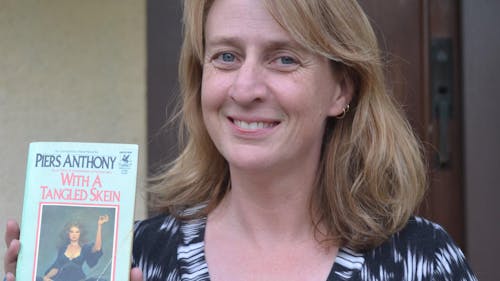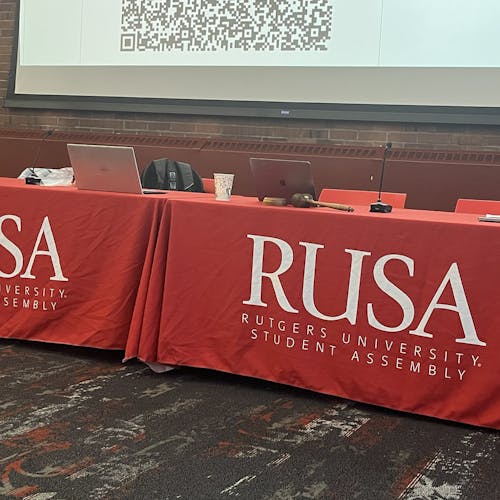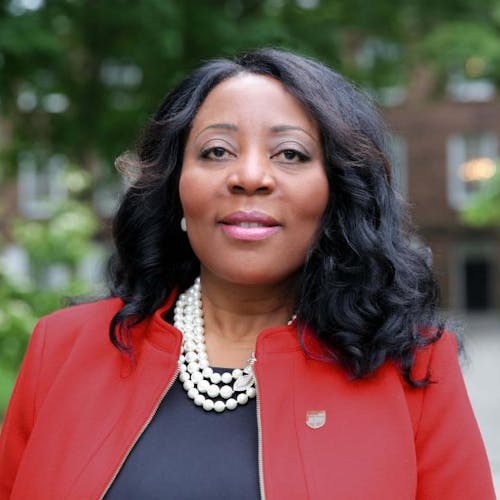General Biology ranks as Rutgers' number 1 major, professor gives inside scoop

General Biology was ranked as the number one major at Rutgers University—New Brunswick, according to College Factual.
Christy Beal, an assistant professor of General Biology at the University, said the major has expanded its aims to help students learn and conceptualize the lessons while also preparing them for their post-Rutgers experiences.
Beal said the University's Division of Life Sciences has a whole group of people working toward the same goal, which is to make a foundation for students that can be used in graduate school, medical school or whichever path they choose to take after their undergraduate years.
“There is integrated communication between faculty and staff,” Beal said. “Everyone meets together every week and reviews what needs to be done.”
Biology workshops, which are led weekly by teaching assistants, walk the students through practicing certain concepts and drive students to work with each other. “Students are more enthusiastic about what we’re doing in workshop in recent years,” Beal said.
In addition to the workshops that meet once a week, there are practice sessions approximately 4 to 6 times a week for an hour to an hour and a half. Students work together in groups and often play challenging games to better understand material. There are also optional practice groups that give students an extra credit toward their course load.
Beal said she came to Rutgers as a teacher in the Fall 2015 semester, during what she described as a re-modification of the course. Members of the Division of Life Sciences are still working on it.
She estimates there to be approximately 2,200 students studying General Biology per semester. Beal said she sees improvements in both the major and the students in the classrooms.
“Students are asking better questions,” Beal said. “It’s one thing to memorize, but another to actually be able to apply and make connections and innovate.”



